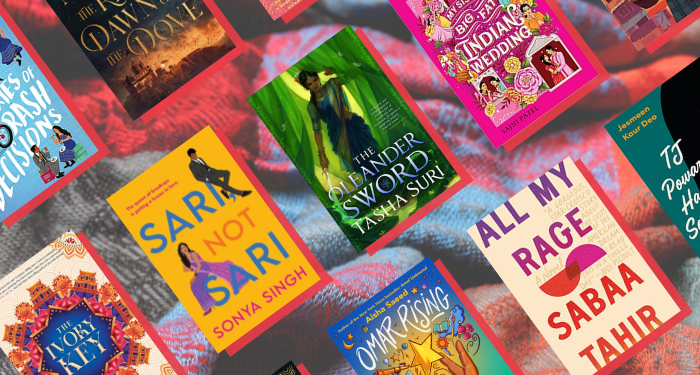Amitabh Ghosh and Anuradha Roy are considered prominent English language writers in the literary circle today. These two South Asian, specifically Bengali-Indian writers, have been constantly published by top publishing houses and reviewed by prominent Western newspapers (i.e., The Guardian, New York Times). Works generated by both authors heavily focus on the historical context of South Asia. This article will analyze how, by writing in English, Amitabh Ghosh and Anuradha Roy bring issues inherent to South Asia to the forefront of the global stage.

Amitabh Ghosh
Amitabh Ghosh is one of South Asia’s most celebrated English language authors. His career has witnessed multiple national and international recognition. In terms of national recognition, he has been awarded the “Jnanpith Award,” the highest literary award provided in India by the “Bharatiya Jnanpith ”; a literary and research organization. His election as a fellow at the “Royal Society of Literature” in England is evidence of his repute in the international arena.
Ghosh’s writing encompasses themes of colonialism and climate change. His novels often fall under the genre of historical fiction.
One prominent example of Ghosh’s writing is The Hungry Tide. The novel set on Sundarban has been narrated complicatedly through dual narrative. One depicts mainly the life of three protagonists, Priya, Kanai, and Fokir, whose lives are to collide at the Sundarbans. Firstly, the life of Piyali Roy, an Indian-origin American marine biologist who has headed to the precocious Sundarbans to research a rare type of dolphin. Kanai, a Kolkata-originated and Delhi-based wealthy translator, has headed to Lucybari, Sundarbans, at the request of her social activist aunt, Nilima, who wants him to open the notebook of her late communist husband, Nirmal. Unlike Piyali and Kanai, Fokir is a native of the island and a poor fisherman with no formal education. Throughout their journey, another parallel narrative of Nirmal comes to light, which delineates the tense relationship of the state with the island inhabitants and the terrible cost of it. Through the journey of these characters, readers have explored the myth and history of Sundarbans and its people.
Anuradha Roy
Anuradha Roy is a prominent English-language novelist from India. As of 2023, Roy has published five novels. These are critically acclaimed due to their vivid, multifaceted portrayal of India. Regarding national achievement, Roy has earned the “Sahitya Akademi Award,” which is conferred by India’s National Academy of Letters. Her international accolades include being long-listed for the “Man Booker Prize” and being shortlisted for the “International Dublin Literary Prize.”
All the Lives We Never Lived is one of the most recognizable and acclaimed works of Roy. The novel is narrated by a horticulturist called Myshkin, whose artist mother, Gayatri, had abandoned him when he was young. Through Myshkin’s memory and Gayety’s letter, the novel details a story of love and loss of a woman who is torn between societally imposed domesticity and her fundamental agency.
In the backdrop, Indian involvement in World War II and its struggle for independence against British rule have been detailed.
Besides that, there is an encounter between several historical figures (i.e., Indian author Rabindranath Tagore and German painter Walter Spies). Moreover, Roy’s protagonists make the reading an enriching experience due to the exploitation of their historical context and philosophy.
Impact of Their Writings
Through Roy and Ghosh’s writing, it can be noticed that both writers have put ample emphasis on portraying the nuances of South Asian lives. Due to their focus on historical context, South Asian history has become more accessible internationally. Fiction has the unique power to resonate with people; by allowing readers to vicariously live through the characters, rather than just giving dates and theoretical details. Because of these writers’ delineation of South Asia to the West and developed world, South Asian countries today are recognized for their worthy literary geniusness. Besides issues that local life in South Asia is plagued by, state-sponsored violence against minorities is also more known in the global community today. Although it might not have an effect immediately, it can be called a struggle to remember and to hold power into account.
The very act of writing literature in English is a weapon of decolonizing English. Now, it is no longer a language that speaks of only Western classics and history; rather, it also depicts the struggle and resilience of the Global South. It is undeniable that the writings of Amitabh Ghosh and Anuradha Roy have multidimensional impact; these impacts range from breaking stereotypes about South Asia to decolonizing the English language, a language brought to the subcontinent by the British colonists.